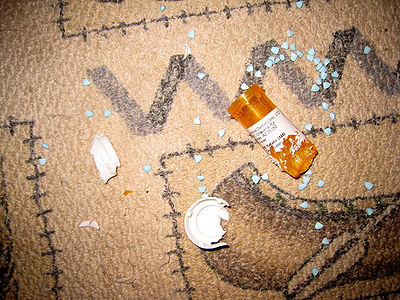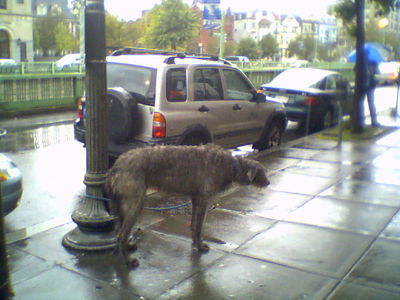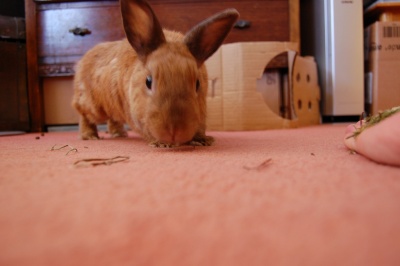
Homes can be full of poisons which are dangerous to animals. It is important to keep these items out of your pet’s reach. The ASPCA lists the top ten poison hazards in the home:
- Human medication, such as painkillers, cold medications, antidepressants and dietary supplements.
- Insecticides, such as flea and tick products.
- People food like grapes, raisins, avocado and gum.
- Common houseplants such as such as azalea, rhododendron, sago palm, lilies, kalanchoe and schefflera.
- Improperly dispensed veterinary medicine.
- Rat and mouse poisons.
- Household cleaning supplies, such as bleaches, detergents and disinfectants.
- Lead, zinc and mercury, often found in consumer products, paint chips, linoleum, and lead dust.
- Certain types of fertilizer and garden products.
- Chemical hazards, found in ethylene glycol antifreeze, paint thinner, drain cleaners and pool/spa chemicals.
What to do if your pet ingests poison:
If you notice that your pet has ingested poison, even if he shows no adverse affects, head to the vet. Symptoms sometimes show up a few hours after the poisoning. Take the substance with you to the vet. If your pet has vomited or chewed it, collect it in a sealable bag and take that too. In an emergency, call an Animal Poison Control Center.
Video
Related articles:


